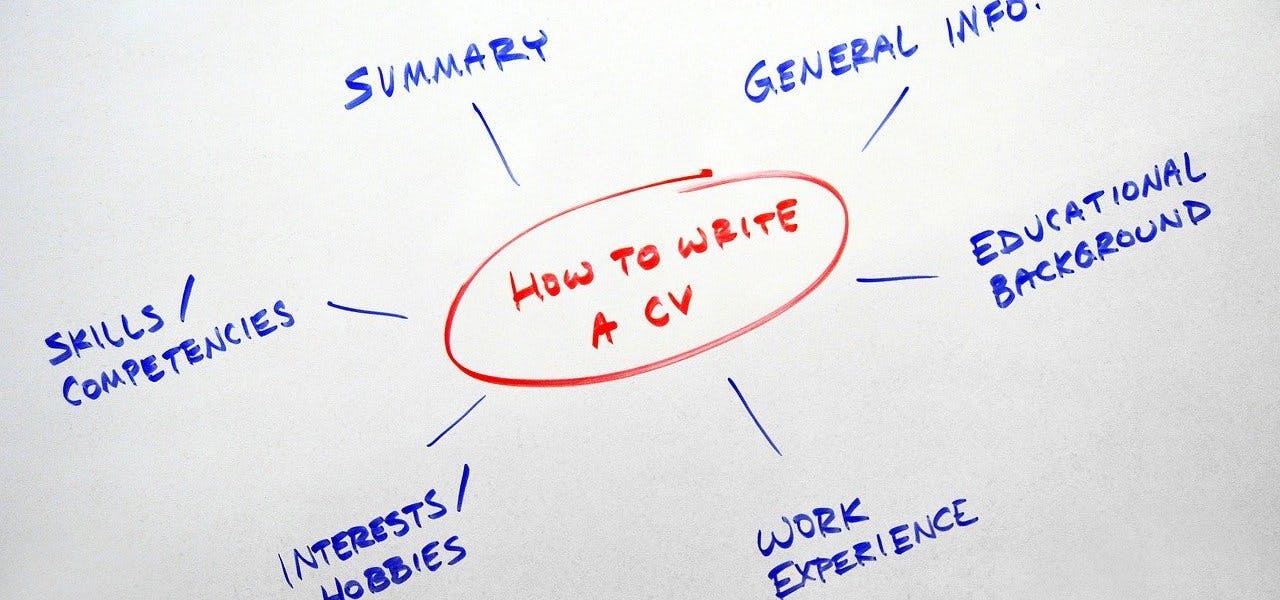Crafting the perfect cover letter is still a major game changer in terms of getting hired, or simply making it to a Zoom conference call. These days, as both competition and the labor market are tight, having a great cover letter will set you apart from other applicants’. These letters should not just tell a story about your abilities and skillsets, but also about you as a person that makes you resilient and durable in today’s job market.
Here are some tips and tricks for doing just that:
1. Don’t be too academic in your writing
For especially those who have completed post-graduate education or training, it’s a good idea to not to be too academic in your cover letter. It might be tempting to want to show a potential employer or hiring manager that you are intelligent and that you have a good understanding of theories and how historical events have shaped society, but that’s not necessarily the point of a cover letter.
While being academically minded is important, going off on an academic tangent will be considered distracting and irrelevant from the hiring perspective. What is important for the applicant is that they stay ambitious throughout the letter and lead sentences with charge statements about past experiences.
2. Apply your understanding of resilience and teamwork
If you are applying to a new remote job, it might not be explicitly stated in the application form to state your credentials with handling remote work, but it’s still a great idea to let hiring managers and potential employers know that you are up to the task and confident about the changes to the workforce.
The common issues that have been risen with remote work are 1) fatigue and 2) difficulties collaborating. Being able to speak to these two competencies in cover letters is very important now. Employers need to feel comfortable and confident that their new hires will not only be able to adapt to a remote environment, but that they will show resilience when things don’t go according to plan and know how to bounce back.
Sharing a brief story in your cover letter of a time when you have overcome a challenge and emerged as a stronger person, especially if it relates to a technological workplace issue or digital job— will go a long way in the current economy. Many journals and magazines catering to workplace leaders and CEOs, such as Harvard Business Review and The Atlantic, are discussing trends and best practices for how to adapt to the “new normal” of the working world. Applicants who show they are up to the task for this adaptation will be given more attention than those who neglect this issue.
3. Discuss your competency with time management and organization
When job descriptions are posted on sites like LinkedIn and Indeed.com, they usually include two major sections: Job Responsibilities and Minimum Qualifications. While it might be misleading for an employer to read a cover letter that only pertains to one of these sections, candidates can safeguard against partial information by understanding the relationship between the two.
The minimum qualifications section usually refers to things one has done in their professional past that gives them certain status prior to application, and the job responsibilities section is all about the skills you have gathered over time that make these responsibilities totally feasible if you were to be hired.
One way to enhance your cover letter is to discuss your time management strategies and ability to stay organized throughout the working week, given that all of the job responsibilities you are required to do will probably go smoother if your already equipped to manage your time efficiently.
This strategy leaves room for a candidate to then brag a little bit about their qualifications and the backstory for how they have arrived at this application.
Conversely, if a candidate does not discuss their ability to stay organized and on task in the cover letter, it also creates an impression for hiring managers that their qualifications are questionable to begin with.
Overall, writing a great cover is about reading between the lines of the information provided in a job description. Candidates have to be able to game the system a little bit and provide employers the information they are looking for, even if it’s not explicitly stated.
